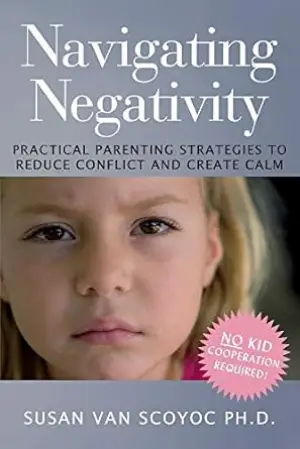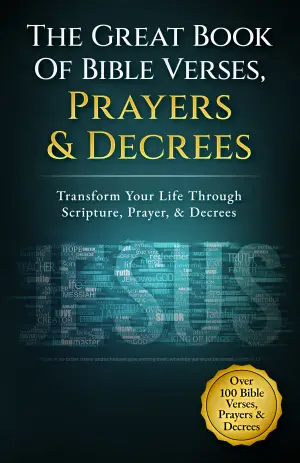A Journey Through Harlem: A Review of Harlem Rhapsody
When I first heard about Harlem Rhapsody by Rion Amilcar Scott, my curiosity was piqued. A novel celebrating the life and legacy of Jessie Redmon Fauset, a pivotal figure in the Harlem Renaissance? Count me in! I’ve always been captivated by historical fiction that brings to life forgotten voices, and this book promised just that. Little did I know, I was about to embark on a roller coaster of emotions and revelations.
From the get-go, Scott’s exploration of Fauset’s world immerses us in the vibrancy and struggles of early 20th-century Harlem. The key themes of ambition, identity, and the complexity of Black experience in America are expertly woven into the narrative. Jessie herself is a force of nature—fearless, determined, and at times deeply flawed. I found myself rooting for her as she navigated her ambitions in a society that often tried to suppress those very dreams. Her relationship with Will, while at times shocking and even appalling, becomes a crucible through which she discovers her own strength and agency.
One of the most delightful aspects of reading this book was the opportunity to engage with the historical backdrop. I loved how Scott meticulously crafted the story, almost daring me to look up characters and events as I read. The mix of fact and fiction left me excitedly distinguishing the real from the imagined—talk about a mini-research project on the side! The authenticity with which Scott portrayed this era made the experience all the more enriching, and it’s clear that a great deal of effort went into maintaining historical accuracy.
The pacing of the narrative felt like a well-timed jazz riff, with moments of tension followed by reflective passages that allowed me to breathe and ponder Jessie’s internal struggles. There were several instances where her choices resonated deeply with my own experiences. I appreciated how Scott presented Jessie’s journey with all its complexities, inviting readers to empathize with her decisions, even when I didn’t necessarily agree with them.
And let’s take a moment to talk about Dr. W.E.B. Du Bois. I appreciated the nuanced portrayal of a figure I thought I knew well. His contributions to civil rights activism are indelible, but seeing him through the lens of Fauset’s life added a depth I hadn’t expected. Although I rolled my eyes a bit at his affairs—because, really, wasn’t that the spirit of the times?—it truly enriched the narrative.
The finale of Harlem Rhapsody left me wrapped in gratitude, a sentiment that lingered long after I turned the last page. Scott not only honors Fauset’s legacy but also provides us with a mirror reflecting our contemporary struggles. I believe this book could greatly resonate with readers who cherish historical fiction, as well as anyone seeking to understand the nuances of the Black experience in America through a beautifully crafted narrative.
In conclusion, if you’re looking for a book that challenges, inspires, and makes you reflect on your own life choices, then Harlem Rhapsody is a must-read. It led me on a journey I’m grateful to have experienced—one that reminded me of the power of our stories and the importance of elevating voices that deserve to be heard. 📚💖






